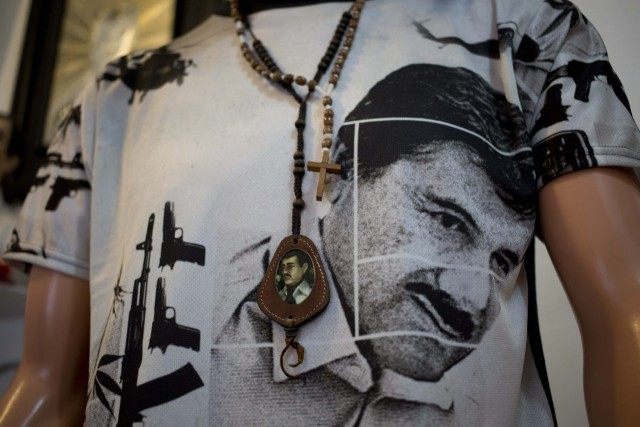Mexican authorities recently announced they have confiscated 11 planes, eight vehicles and six houses belonging to notorious kingpin and Sinaloa cartel leader Joaquin “El Chapo” Guzmán in the past five months. However, concern is growing in Mexico over why the government can’t—or won’t—seize even more of the drug lord’s considerable assets.
What authorities did seize is likely only a tiny fraction of Guzmán’s holdings in Mexico. The Sinaloa Federation likely rakes in billions of dollars every year from trafficking illegal drugs into the US. The drug lord reportedly spends a million dollars every month in bribes alone to police officers and government officials who keep his location and operations a secret.
According to USA Today, the problem with the lack of enthusiasm for going after more of El Chapo’s assets have to do with weak Mexican laws regarding asset forfeitures.
One issue is a 2009 law that was meant to give authorities broader powers to seize drug cartel members’ assets. Instead, the law allows only the attorney general — as opposed to local prosecutors — to confiscate assets, meaning that federal authorities are overburdened and cases routinely slip through the net. The overall result is far fewer successfully prosecuted cases against organized crime — a total of 43 in the past six years in Mexico.
Lawyer and criminologist Edgardo Buscaglia said to the Mexican Senate, “Mexico is a weak state that has yet to form a political will around the implementation of such laws.” Antonio Mazzitelli, Latin American representative of the UN Office on Drugs and Crime, told USA Today, “Attacking criminal groups financially by pursuing the properties and firms that provide them with financial and logistical support is an essential part of the fight against organized crime.” However, Mexican law requires property owners to be sentenced before authorities can take their assets.
El Chapo escaped from a maximum security Mexican prison in mid-July 2013 after only 16 months in captivity. He had been a fugitive for 13 years prior to being captured in Mazatlan, Mexico in February 2014. Authorities currently have no idea where Guzmán is hiding.
Sylvia Longmire is a border security expert and Contributing Editor for Breitbart Texas. You can read more about cross-border issues in her latest book, Border Insecurity: Why Big Money, Fences, and Drones Aren’t Making Us Safer.

COMMENTS
Please let us know if you're having issues with commenting.